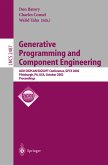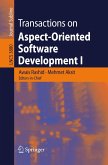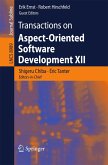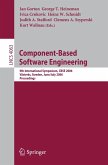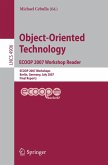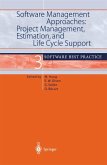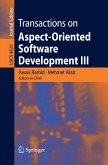As a result of the open-source movement there is now a great deal of reusable software available in the public domain. This offers significant functionality that commercial software vendors can use in their software projects. Open-source approaches to software development have illustrated that complex, mission critical software can be developed by distributed teams of developers sharing a common goal. Commercial software vendors have an opportunity to both learn from the op- source community as well as leverage that knowledge for the benefit of its commercial clients. Nonetheless, the open-source movement is a diverse collection of ideas, knowledge, techniques, and solutions. As a result, it is far from clear how these approaches should be applied to commercial software engineering. This paper has looked at many of the dimensions of the open-source movement, and provided an analysis of the different opportunities available to commercial software vendors. References and Notes 1. It can be argued that the open-source community has produced really only two essential 9 products -- Apache (undeniably the most popular web server) and Linux although both are essentially reincarnations of prior systems. Both are also somewhat products of their times: Apache filled a hole in the then emerging Web, at a time no platform vendor really knew how to step in, and Linux filled a hole in the fragmented Unix market, colored by the community s general anger against Microsoft. 2.Evans Marketing Services, Linux Developers Survey, Volume 1, March 2000.
Dieser Download kann aus rechtlichen Gründen nur mit Rechnungsadresse in A, B, BG, CY, CZ, D, DK, EW, E, FIN, F, GR, HR, H, IRL, I, LT, L, LR, M, NL, PL, P, R, S, SLO, SK ausgeliefert werden.



